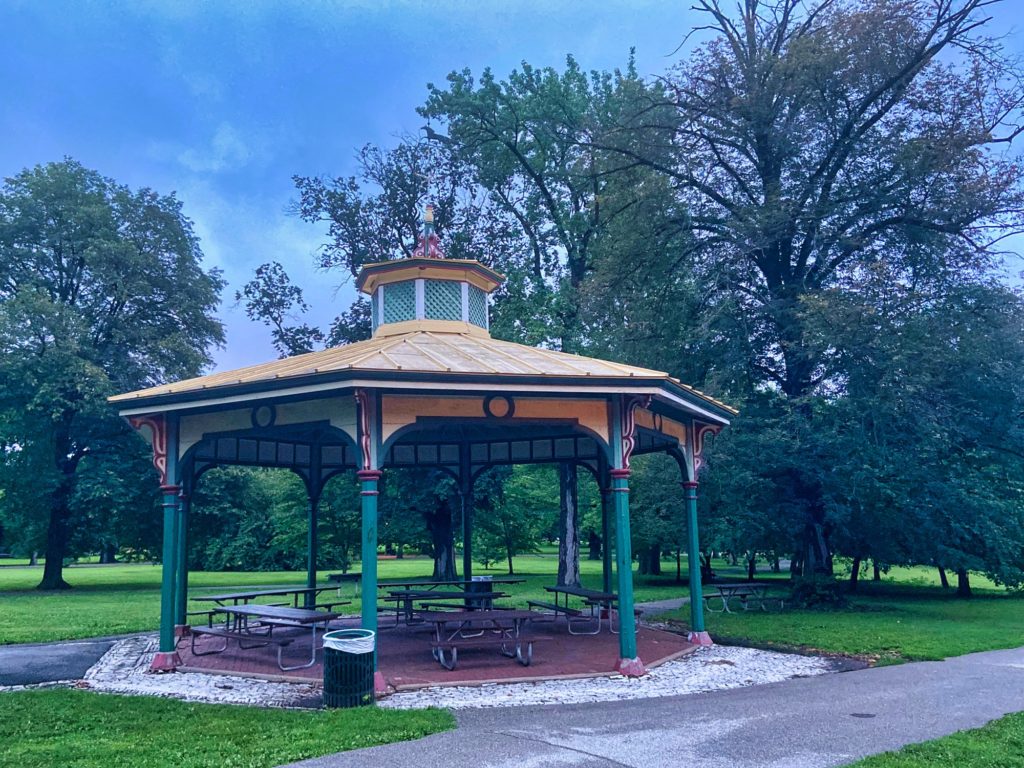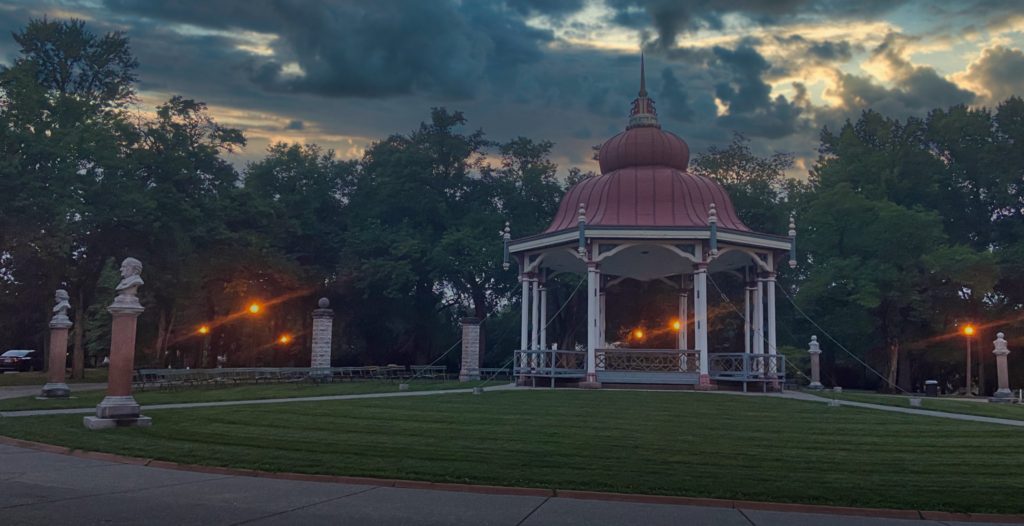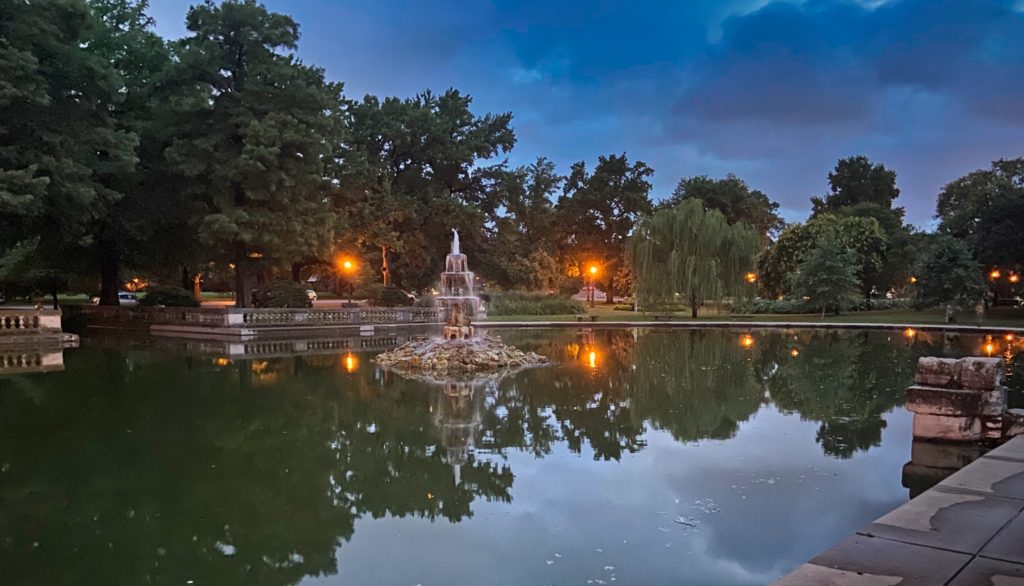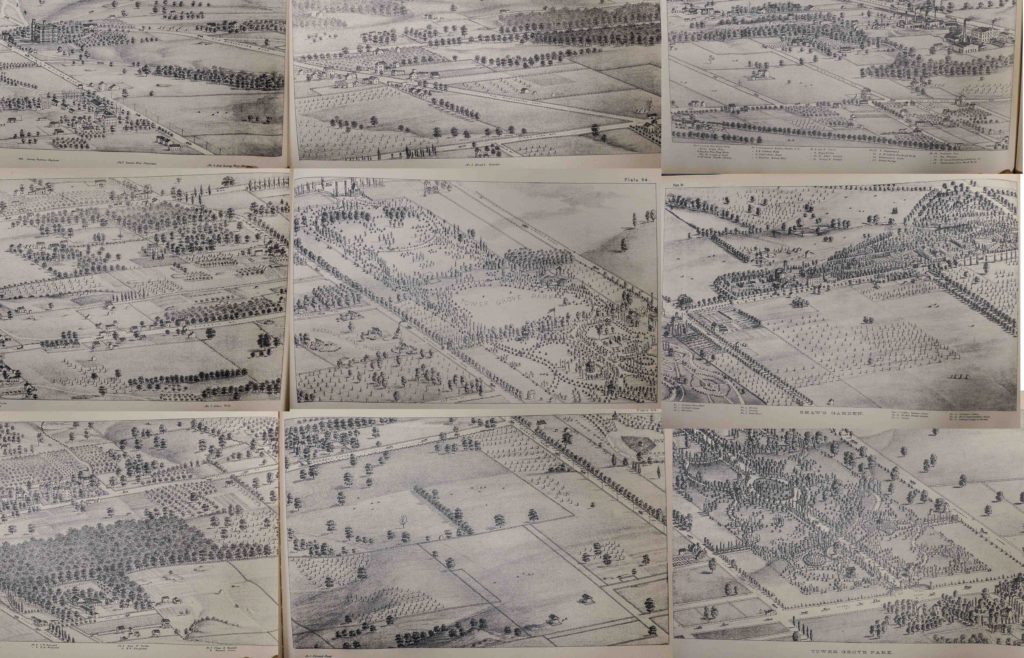Post-Race Rapper Preaches Tolerance
I first encountered Zuby on Twitter, where I was intrigued by his upbeat mini-prose. Zuby says that his race is the most uninteresting thing about himself. If I told you that Zuby currently lives on the southern coast of England, you probably wouldn’t guess that he spent much of his life in Saudi Arabia. If I told you that Zuby was an up and coming rap artist, you probably wouldn’t guess that also graduated from Oxford, with a degree in computer science or that he spent several years of his life as a business consultant. In addition to creating music, Zuby is now an author, podcaster, public speaker, fitness expert and life coach. Zuby refuses to allow his do not fall into any predictable silo. To make a political point that trans women should not be allowed to participate in women’s sports, he posted a video in which he claimed to have broken the British Women's deadlift record of 238kg (528 pounds). Zuby claimed that he "identified as a woman whilst lifting the weight."
On July 24, 2020, Zuby joined Brett Weinstein on the DarkHorse podcast. I took the Youtube transcript, edited it for clarity and present it here as an introduction to Zuby.
Zuby - Min 74:53
There are certain games you win by just not playing. Just don't play that game. Don't get dragged into this thing. It's something I experience. I always feel like I've often got people, especially nowadays, trying to drag me into things that I don't want to get involved with. I don't think it's a good idea. I don't think it helps.
My worldview is really simple when it comes to stuff like this. It is the Martin Luther King, Jr. vision. The way I was raised from when I was a child growing up in Saudi Arabia . . . from the beginning I've been surrounded by all types of different people, different religions different colors, different ethnicities, different nationalities, whatever. That's just been the norm for me forever, so the whole idea of viewing people through this very narrow lens, from being a child I've always thought, it's silly and it's asinine. It makes me somewhat upset when I see that now day in and day out. It's white this and black that. Can we can we stop?
So much of this is just unnecessary and it's antagonizing and it forces people to keep viewing the world that way. That's the least interesting thing. It's such an uninteresting thing about someone. That's the thing. The fact that I'm a black male is one of the least interesting things about me. It certainly doesn't say anything about my personality or my character or my beliefs or my abilities or anything. Yeah, it's observable and, cool, okay. But if someone is talking to me, I don't want that to be the thing that's in their head and that they're obsessing over. I'd like them just to talk to me. I'm Zuby. Just talk to me and we'll be cool. We can be friends. All that stuff is details.
There is a growing tent of people who are politically sort of in the center left and center right who are sort of uniting and recognizing that they're tired of the extremism and they don't like cancel culture and they don't like this super identity politics thing on any side, and they don't want to destroy the whole system and they don't think the country is terrible. I think there's that there's that growing group of people Who I think are slowly gaining a bit more and more courage. I think that they're sort of seeing podcasts like this. What I'm doing with my podcast and you know whether it's Joe Rogan or Dave Rubin, etc. like all these guys, they're sort of saying okay, cool.
People are talking about this and there's a range of people here who are sensible and don't want to scream at each other and call each other racist every three seconds. There's that growing group, so I do hope that that swells and gains enough courage and momentum for people to eventually just be like, okay, look, like we're going to stop entertaining the crazies and we're going to stop letting them sort of determine everything and set all the rules and control everybody and cancel everybody. I think once enough once there's enough critical mass there, then you can get back to a sort of stage of normalcy where people are being reasonable again. And we can actually solve some of the problems because we can talk.
Zuby - Min 29:20
In the in the USA, you guys say Black American, African-American, Latino, American, white American etc. Here (in Great Britain) we just say “British.” Right! There you go. So it's not common to hear that this person is white British or this person is a Black Brit.
Zuby - Min 12:12
Last week I spent two days just getting attacked for the fact that I said that it's bad to be racist to white people. I was getting emails, DMs like, all kinds of horrible stuff, for me saying no, this is bad. This isn't good. I don't think we should judge people based on the color of their skin or call people inferior or do any of this and then I start getting attacked. What kind of what is this world that we're living in that that is considered? It's a strange thing.\




